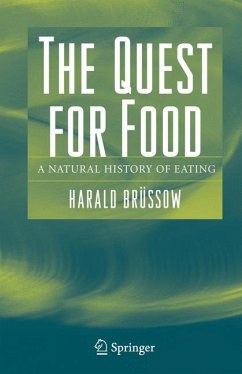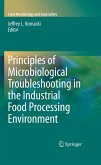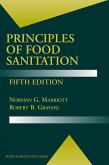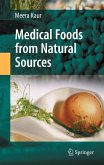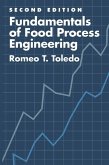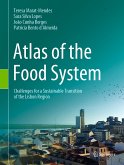The quest begins in prehistoric times with religion and the exploration of the connection between food and sex. This leads to an investigation of the deep links between food and culture, exploring the basic question of "what is eating?" The second section embarks on a biochemistry-oriented journey tracing the path of a food molecule through the central carbon pathway until it is decomposed into CO2, H2O and ATP. The third section delves into the evolution of eating systems, beginning with the elements of the primordial soup through the birth of single cell organisms such as bacteria and archea. We then follow this evolution in the fourth section through higher developed organisms: from the first organisms in the ocean to the ones on land. The next two sections explore the stories of food from an ecological, then behavioral viewpoint, leading the reader from animals to early hominids, and into human history. The final section takes apart an anthropocentric view of the world by presenting man as prey for the oldest predators: microbes. The text closes with an agronomical outlook on how to feed the billions.
The goal of The Quest for Food is to catalyze discussions between scientists working in food science, and those in biological and biomedical research.
About the Author:
Harald Brüssow is a Senior Research Scientist at Nestle Research Centre's Nutritional Health Department, in Lausanne, Switzerland.
Dieser Download kann aus rechtlichen Gründen nur mit Rechnungsadresse in A, B, BG, CY, CZ, D, DK, EW, E, FIN, F, GR, HR, H, IRL, I, LT, L, LR, M, NL, PL, P, R, S, SLO, SK ausgeliefert werden.
"Brüssow ... has written an interesting collection of scientific essays about the biological and evolutionary history of eating. The Quest for Food is organized in broad chapters with numerous subchapters. ... Summing Up: Recommended. Upper-division undergraduates through faculty." (S. C. Hardesty, CHOICE, Vol. v4 (3), November, 2007)

